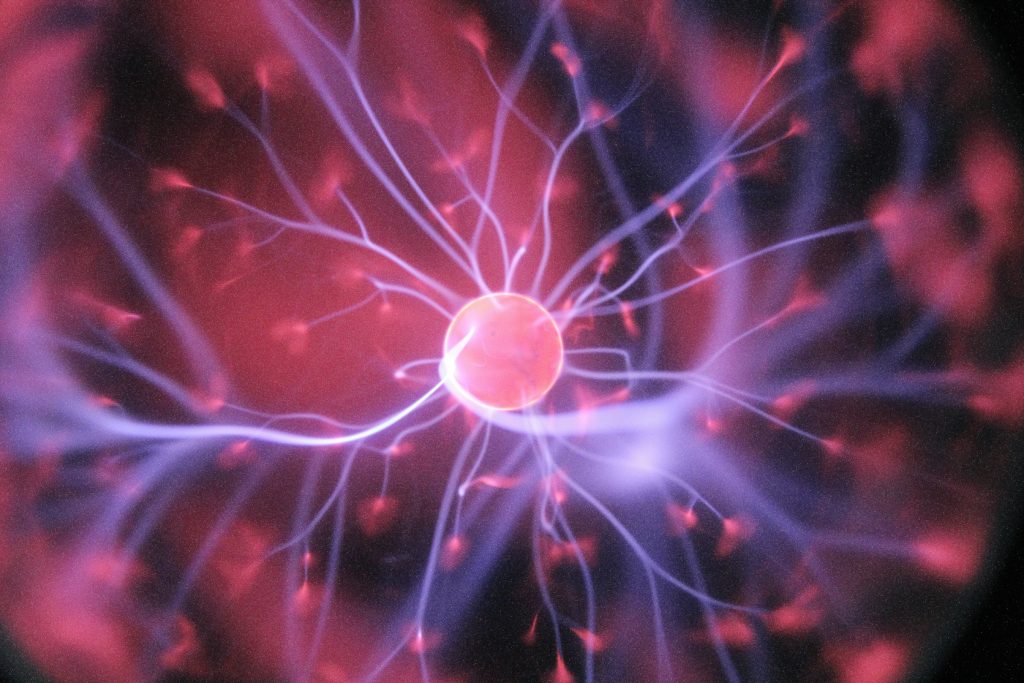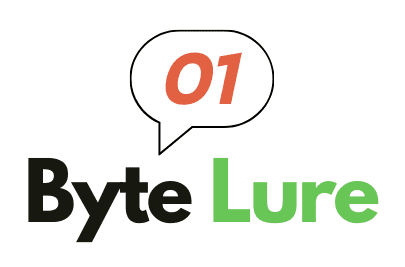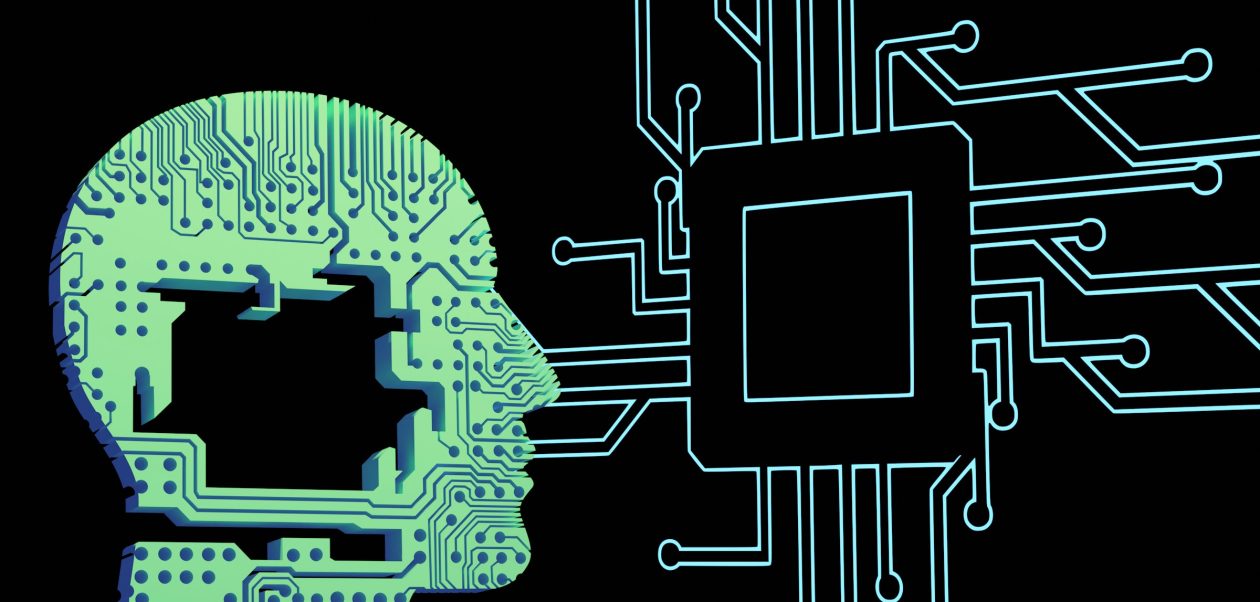In recent years, Neuralink, a brain technology startup founded by Elon Musk, has made significant strides in developing brain chip implant technology. This year, they achieved their first-ever Neuralink’s brain chip implant, promising to revolutionize the way humans interact with computers and technology. Musk has stated that the company will initially focus on patients with severe physical limitations like cervical spinal cord impairment or quadriplegia.
The concept of Neuralink’s brain chip implant involves creating a direct interface between the human brain and external devices, enabling individuals to control computers, prosthetics, and other devices using their thoughts. Notably, the Neuralink device contains more electrodes than other devices, suggesting broader potential applications in the future. The technology operates without requiring a wired connection to external devices.
This revolutionary technology has captured the attention of scientists, ethicists, and the general public, sparking conversations about the ethical, social, and philosophical consequences of merging human cognition with advanced technology.
Redefining Human Connectivity with Neuralink's Brain Chip
Neuralink’s brain chip raises a fundamental question: are we redefining human connectivity in the digital age? Traditionally, we’ve relied on physical interactions with devices like smartphones and computers. Now, Neuralink promises a direct mind-to-machine connection, blurring traditional boundaries of communication and control. Imagine navigating virtual worlds and controlling devices purely with your thoughts—Neuralink’s progress hints that this futuristic vision may soon be within reach.
However, as exciting as this progress is, it also brings with it a range of ethical and societal considerations. Questions about privacy, autonomy, and the possibility of brain-computer interface misuse are all valid concerns. In a world where technology can directly interface with the brain, will individuals still have the ability to control their thoughts and actions? These are important issues that need to be addressed.
Know more about Neuralink’s brain chip :- https://neuralink.com/

Moreover, neuralink’s brain chip implant has broad implications for healthcare, accessibility, and human augmentation. Could it restore lost functions and improve the quality of life for individuals with disabilities? As Neuralink pushes the boundaries of neurotechnology, it prompts reflection on human identity and our evolving relationship with machines. Are we prepared for a future where our thoughts reshape the digital landscape? Time will reveal the answers.
In conclusion, Neuralink’s brain chip implant is a bold step toward redefining human connectivity, bridging the gap between mind and machine to enhance communication and control. As we navigate its ethical and societal implications, we are reminded that this innovation challenges us to reimagine human existence in our rapidly evolving world.
Read more related article :- https://bytelure.in/category/q-a/




